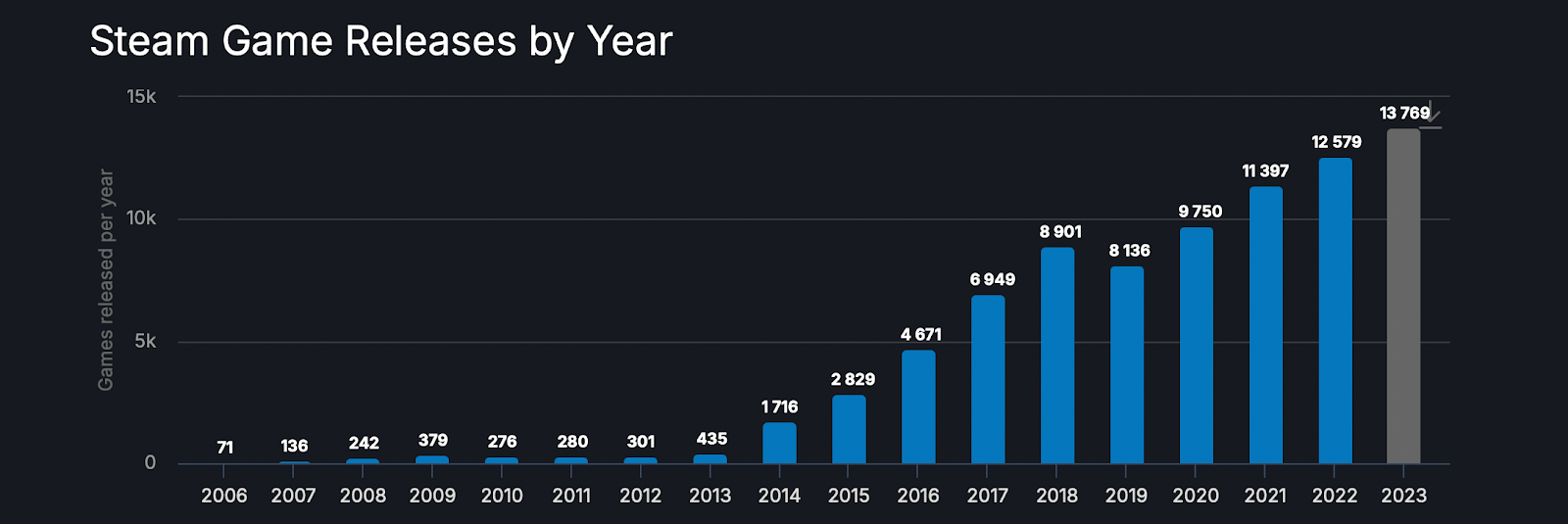How to prepare for the interview?
By far the most important thing interviewers will be looking for is whether you have the initiative and determination to work independently. There is no better way of demonstrating this than having previous work to show. The very best thing is to have worked on game projects before. It's ok for them to be relatively basic and unfinished. This can be a project by yourself or in a small group. As an artists you could show some 3D art. Ideally but not necessarily used in a game. Maybe you have models with different poly counts. Maybe you messed around with shaders. As a coder, show some projects you've worked on. Maybe some fluid physics, editable landscape. Anything really. Experience with Unity or Unreal is super helpful. For you first job. interviewers have nothing to go on. Being able to show some projects you're passionate about really helps. It also gives you something to talk about.
